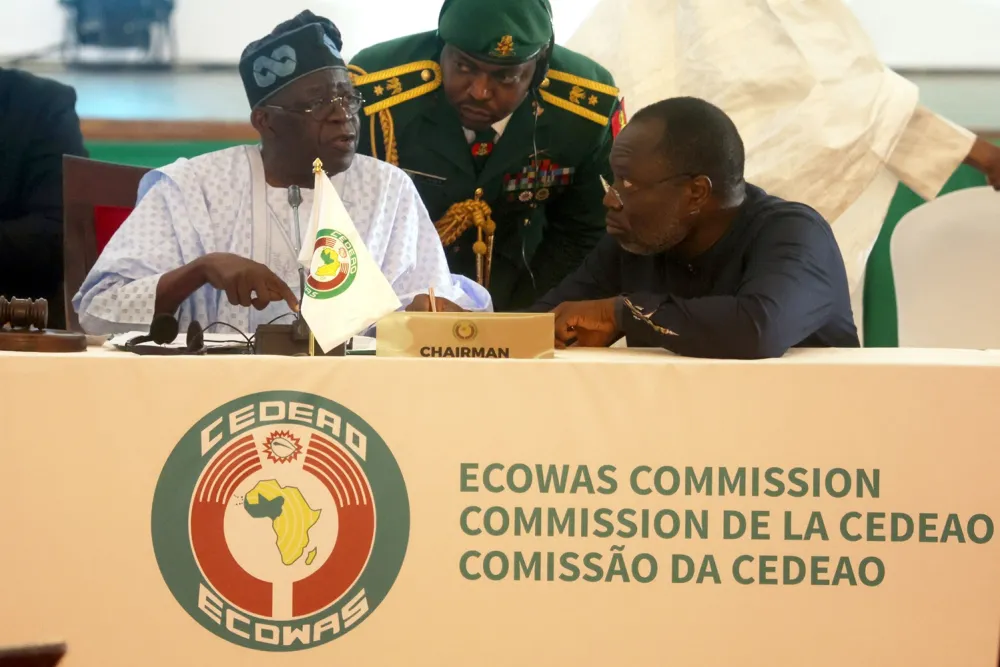In a recent article, we delved into the tumultuous events unfolding in Niger, a landlocked nation in West Africa's Sahel region. A military coup led by elite presidential guards ousted the democratically elected President Mohamed Bazoum, plunging the nation into a state of uncertainty and sparking international concern. As the situation escalates, the Economic Community of West African States (ECOWAS) has made a pivotal decision that could reshape the region's political landscape.
For those unfamiliar, ECOWAS is a regional grouping of 15 West African countries established in 1975. Its primary mission is to promote economic integration and political stability in the region. Over the years, ECOWAS has played a crucial role in mediating political crises and has even deployed military interventions to restore democratic order in member states.
The decision by ECOWAS to activate its standby force for a potential intervention in Niger is a significant move, signaling the bloc's commitment to upholding democratic values. But what are the broader implications of this decision?
Regional Stability: The Sahel region, which includes Niger, has been a hotspot for jihadist activity and political instability. An ECOWAS intervention in Niger could either stabilize the country and deter future coups or plunge the region into further chaos. The success or failure of this intervention will set a precedent for how the international community responds to similar crises in the future.
External Actors: The situation in Niger has attracted the attention of external actors, notably the Russian Wagner Group. A military intervention by ECOWAS could lead to a proxy conflict, with external actors supporting opposing sides. This could escalate the crisis and draw in global powers, making a regional issue a global concern.
Economic Implications: Niger, though landlocked, plays a crucial role in regional trade. Prolonged instability could disrupt trade routes, affecting economies beyond Niger's borders. Moreover, sanctions or trade restrictions imposed by ECOWAS could further strain the already fragile Nigerien economy.
Humanitarian Crisis: Military interventions often lead to displacement and humanitarian crises. If the conflict escalates, we could witness a surge in refugees fleeing Niger, putting pressure on neighboring countries and potentially leading to a larger refugee crisis in the region.
Diplomatic Relations: The decision by ECOWAS could strain its relations with countries that oppose the intervention. It could also affect the bloc's relations with global powers, depending on their stance on the Niger crisis.
In conclusion, while ECOWAS's decision to activate its standby force underscores its commitment to democracy and regional stability, the implications of this move are vast and multifaceted. The Niger crisis is not just a regional concern but has the potential to reshape geopolitical dynamics beyond West Africa. As the situation unfolds, the international community must tread carefully, balancing the need for stability with the potential repercussions of intervention.










Trackbacks and Pingbacks